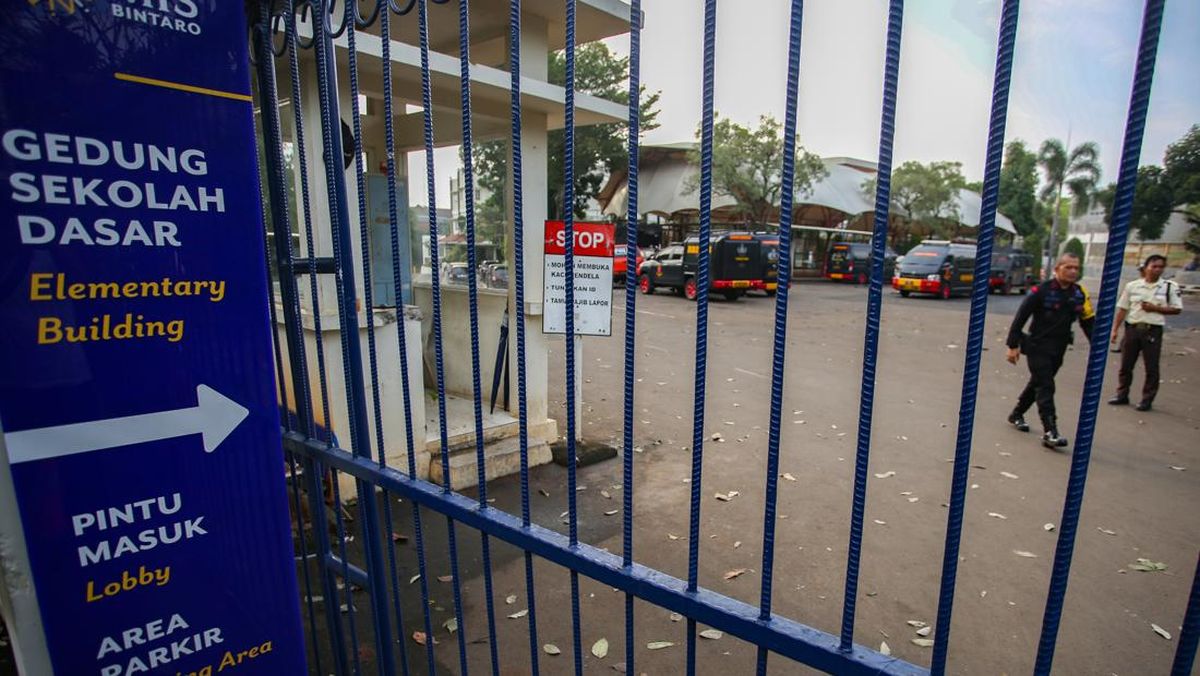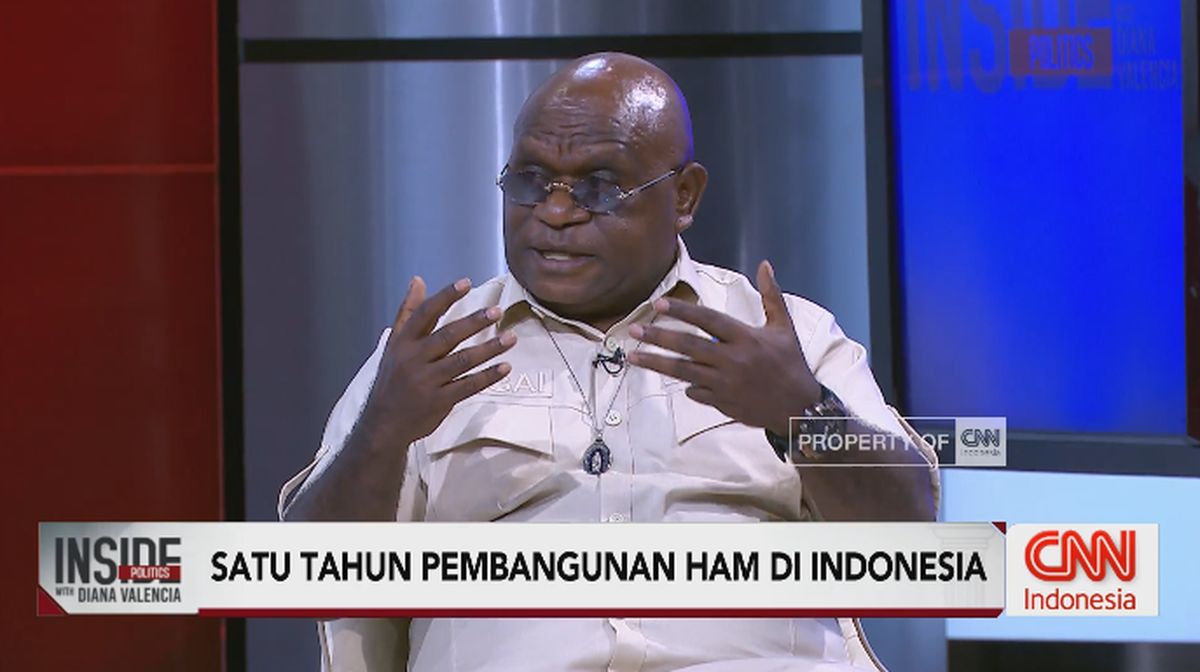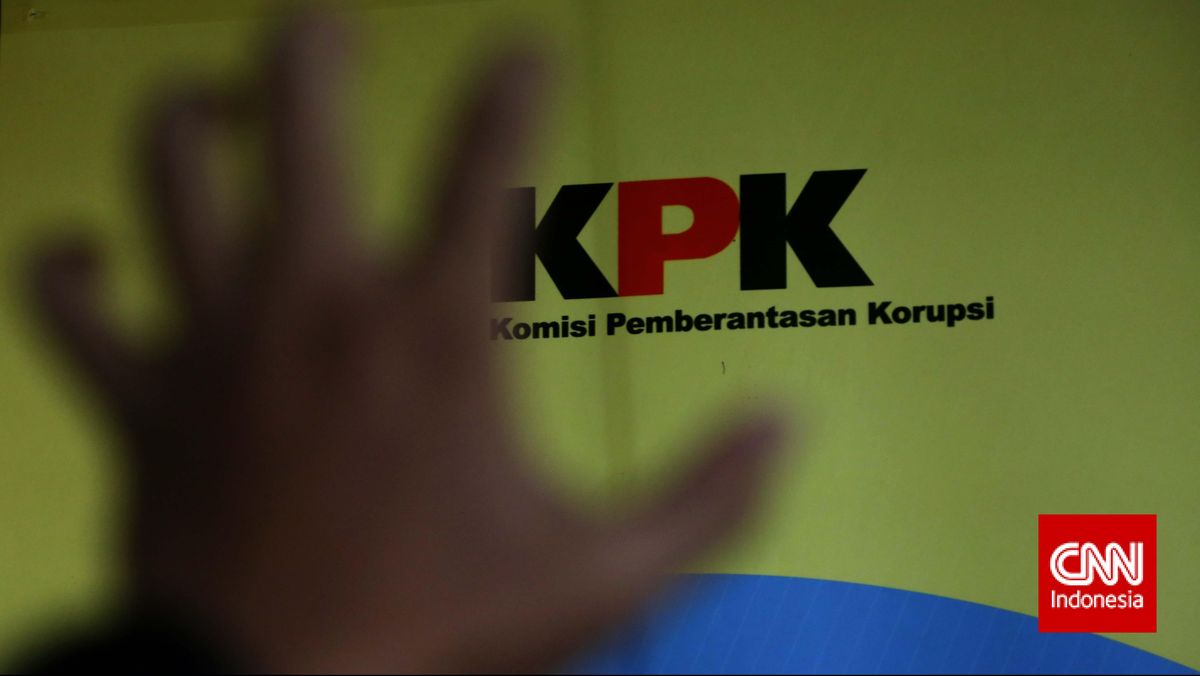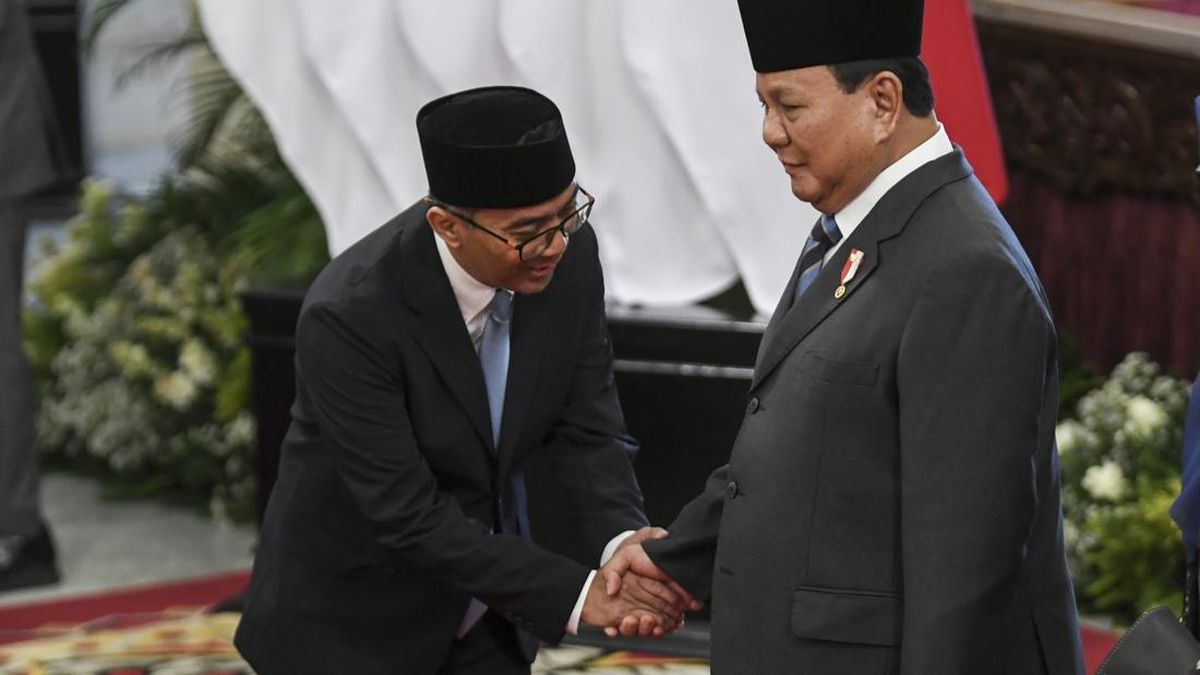Senate passes Trump budget bill

The Senate bill containing President Trump's domestic policy agenda at the last minute eliminated a new excise tax that would have hammered the renewable energy industry, a move that likely ensured Republican Sen. Lisa Murkowski of Alaska would back the measure.
The excise tax would have been imposed on wind and solar energy projects constructed with a certain percentage of materials sourced from prohibited foreign countries, like China. Consumers would see their energy prices rise by around 8% to 10%, and the provision would have cost clean energy businesses an additional $4-$7 billion by 2036, according to an analysis by the American Clean Power Association.
The tax was designed to boost domestic manufacturing, but developing these projects by working around Chinese components was likely to be cost prohibitive.
The Senate bill also made another key concession: it would phase out wind and solar tax credits for clean energy development on a slower timeline than originally proposed, ensuring that projects that have already been planned, financed and approved would still receive the applicable tax credit, as long as they begin construction before June 2026, or are operational by the end of 2027.
But this is still a major modification from the original timeline for the wind and solar tax credit — which wasn't due to expire until 2032 — and it still puts clean energy developers in peril, according to environmental groups.
Joanna Slaney, vice president for political and government affairs for the Environmental Defense Fund, said in an email to CBS News, "By making it much, much harder to build new clean energy projects, the bill is effectively cutting off supply of cheap energy right when the U.S. needs it the most."
Environmental groups said few gains were to be found in the bill.
"If there's a bright spot, it is that the Senate bill would preserve tax credits for newer technologies like advanced nuclear, battery storage, geothermal energy, and carbon capture, as well as advanced manufacturing," Nathaniel Keohane, president of the Center for Climate and Energy Solutions, said in a statement.
The final bill passed by the Senate would largely terminate numerous tax incentives from the 2022 Inflation Reduction Act for clean energy, electric vehicles, and energy efficiency programs that benefited consumers. It would end tax credits for new and used electric vehicles, installation of home EV charging equipment and insulation or energy efficient heating and cooling systems. The bill also ends the Greenhouse Gas Reduction Fund, which gives funding to nonprofit organizations providing financing for projects that reduce pollution and greenhouse gas emissions in communities.
A new analysis by the Center for Climate and Energy Solutions predicted that the changes in the Senate bill would eliminate more than 1.6 million jobs, cause more than $290 billion in lost GDP, increase U.S. greenhouse gas emissions by 8% by 2035 and increase the cost of energy by 4% per megawatt.
Climate and environmental groups expressed concern about how the reduction of key tax incentives for clean energy production and energy efficiency will affect the public.
"The bill will raise energy costs and make it harder to keep the lights on," said Steven Nadel in a statement, executive director of the American Council for an Energy-Efficient Economy. "No one asked Congress to make their energy bills even higher. Taking away incentives for energy-saving improvements would raise monthly bills for families and businesses. It will only exacerbate the growing strain on the electric grid."
The bill now returns to the House, where Speaker Mike Johnson is intent on meeting Republicans' self-imposed July 4 deadline to get the bill to President Trump's desk. To do so, the House will have to pass the Senate version unchanged. Any alteration would mean the bill would have to be considered by a conference committee to reconcile the differences. That's what Murkowski would prefer. "We do not have a perfect bill by any stretch of the imagination," she told reporters Tuesday. "My hope is that the House is going to look at this and recognize that we're not there yet."
Tracy J. Wholf is a senior coordinating producer of climate and environmental coverage for CBS News and Stations, based in New York.


















































